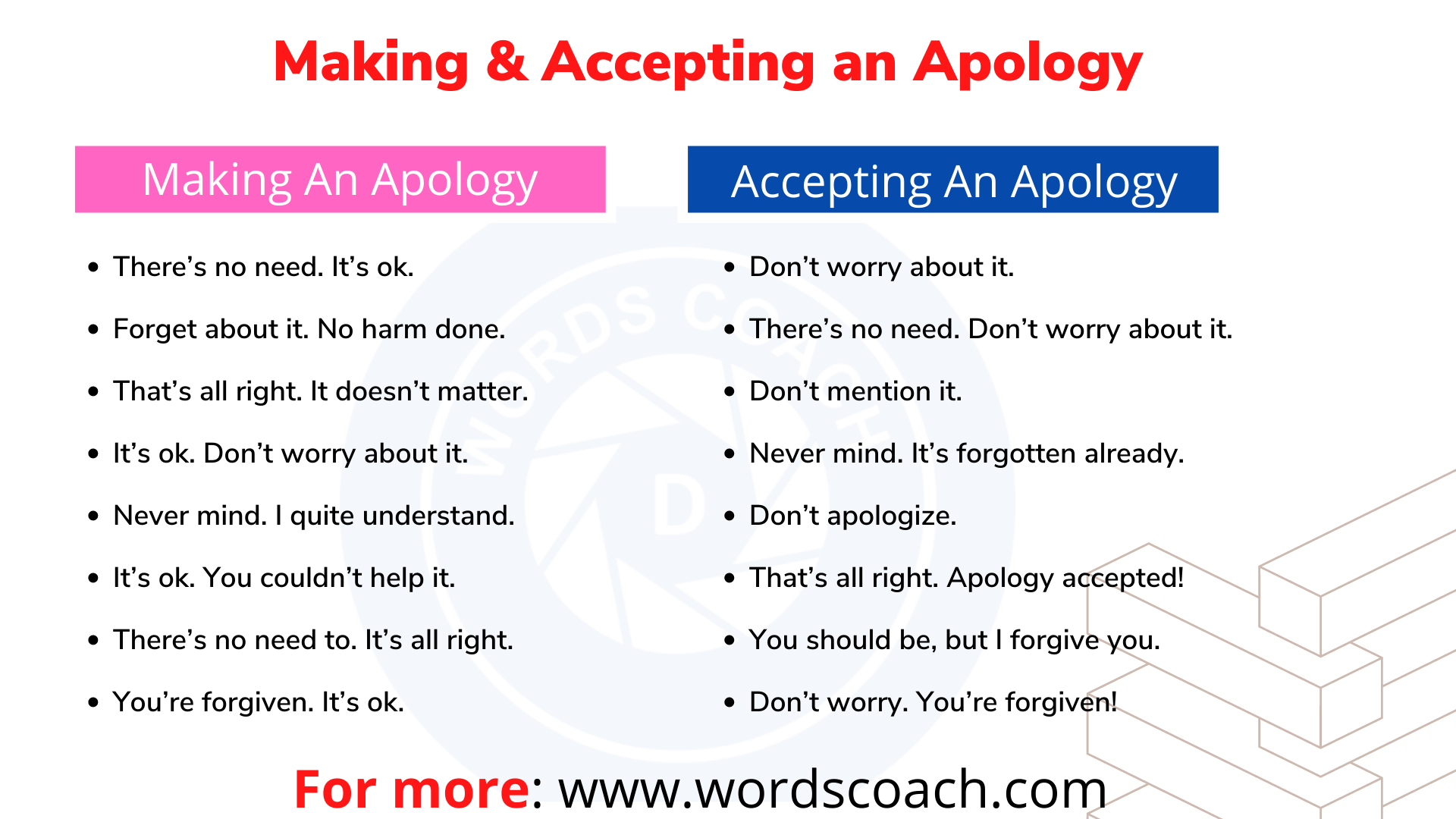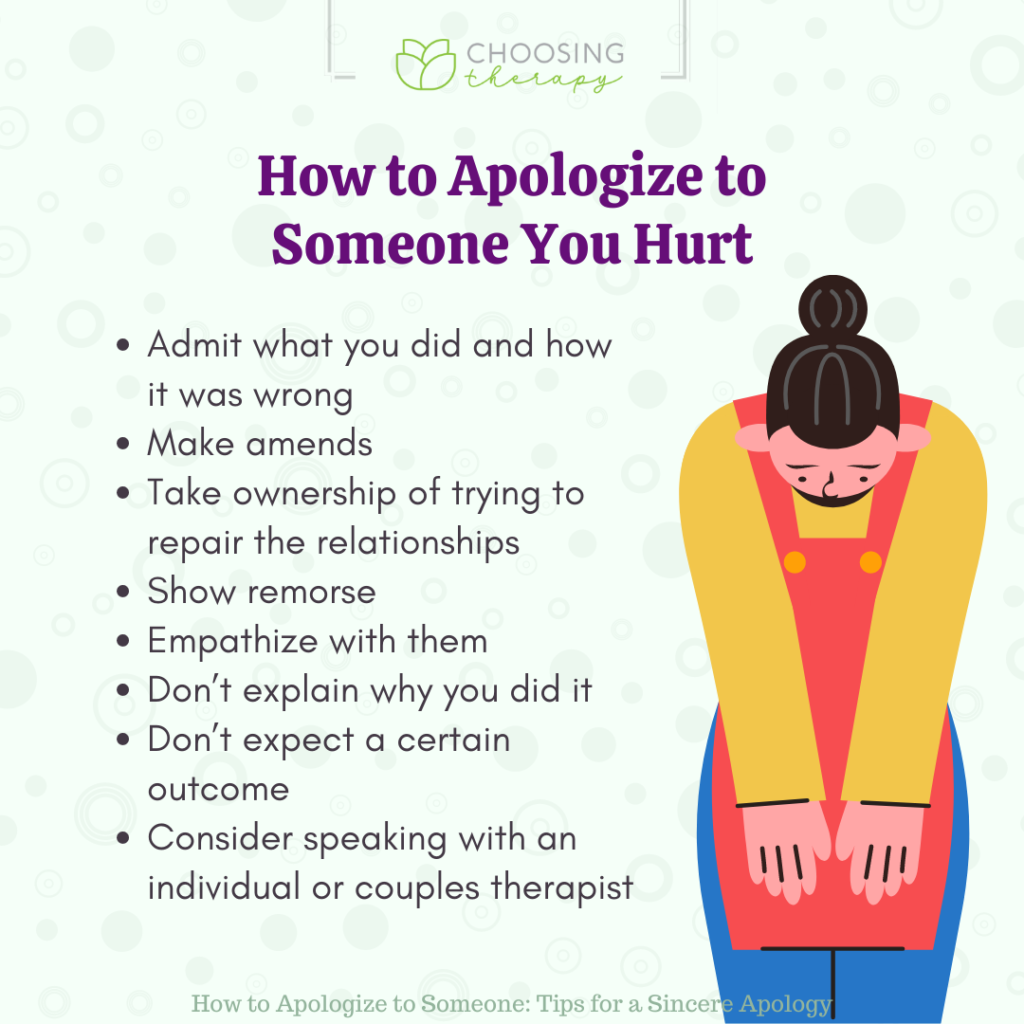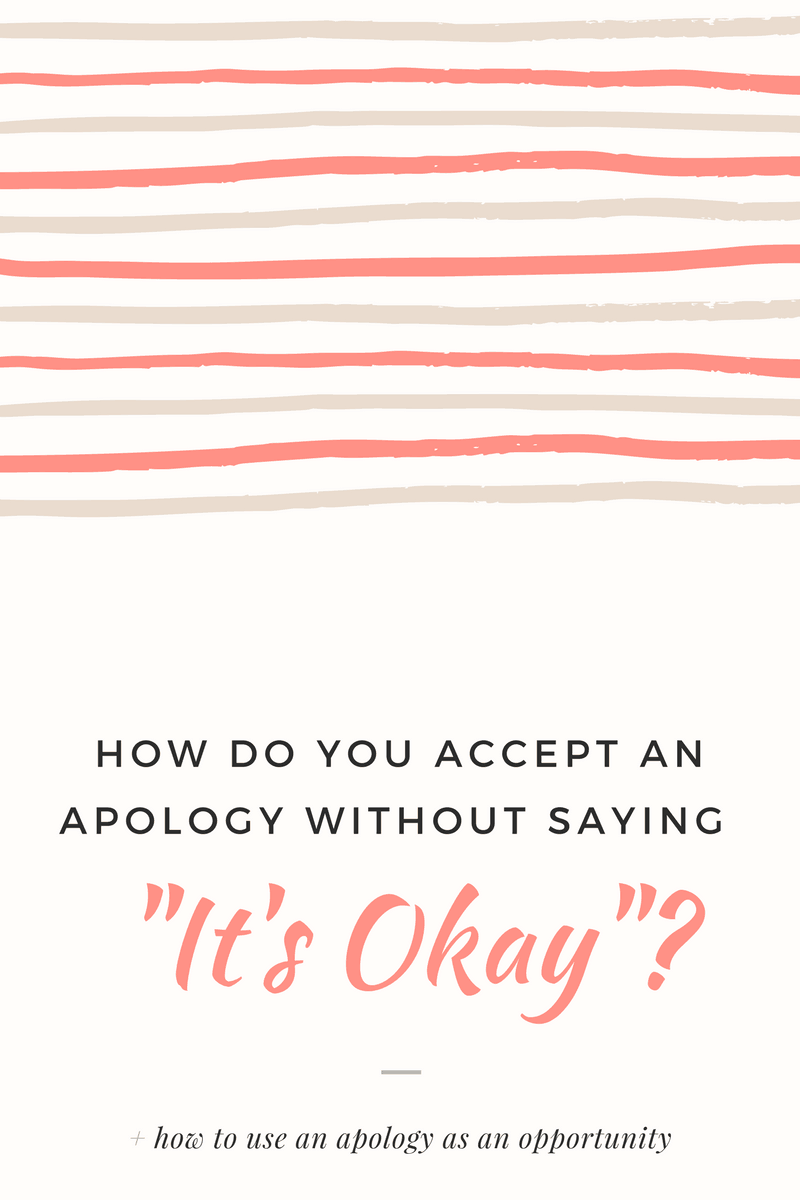How To Accept An Apology Without Saying It's Okay

Receiving an apology can be a disorienting experience, often leaving individuals unsure of how to respond authentically, especially when "it's okay" feels inadequate or untrue.
This article explores strategies for acknowledging an apology without automatically granting forgiveness, offering a path toward genuine healing and communication. The focus is on validating the speaker's effort while honoring one's own emotional state and needs.
Navigating the Aftermath of an Apology
When someone offers an apology, the initial instinct might be to immediately say "it's okay" to alleviate discomfort or expedite the interaction. However, this response can be counterproductive, especially if the hurt is still raw or the apology feels insincere.
According to Dr. Harriet Lerner, a renowned psychologist and author, a forced "it's okay" can invalidate one's own feelings and create a disconnect between internal experience and external expression. It's crucial to remember that receiving an apology doesn't obligate immediate forgiveness.
Acknowledging the Apology
One effective approach is to simply acknowledge that the apology has been heard. Phrases like "I hear you," or "Thank you for apologizing" demonstrate that you've received the message without necessarily endorsing it.
This acknowledges the speaker's effort while preserving your emotional space. This response avoids premature closure and allows time for processing.
You could also say, “I appreciate you saying that.” These type of phrases allows for a neutral and constructive dialogue.
Validating Your Feelings
Instead of focusing solely on the apology itself, shift the focus to your own emotional experience. This can be achieved by stating, "I'm still processing what happened," or "I need some time to think about this."
These statements affirm the validity of your emotions and set a boundary for further discussion. It also allows the speaker to understand the impact of their actions.
Brené Brown, a research professor and author, emphasizes the importance of vulnerability in fostering genuine connection. Expressing your emotions honestly, without blame, can create a more meaningful exchange.
Setting Boundaries and Expectations
After acknowledging the apology and validating your feelings, it's essential to set clear boundaries. This might involve stating what you need from the other person moving forward, or what behaviors are unacceptable in the future.
For instance, you could say, "I need you to understand that this affected me deeply, and I'm not sure when I'll be ready to move past it." Alternatively, "I need to see consistent changes in behavior to feel safe again."
By articulating your needs and expectations, you create a framework for future interactions and help rebuild trust. This establishes a path for potential healing and improved communication.
The Importance of Time and Space
Sometimes, the most effective response is to simply ask for time and space to process the situation. It's perfectly acceptable to say, "I need some time to think about this," or "I'm not ready to talk about this right now."
Respecting your own emotional timeline is paramount to healing. Pushing yourself to forgive before you're ready can lead to resentment and further damage the relationship.
According to the Greater Good Science Center at UC Berkeley, self-compassion is a key component of healing from emotional wounds. Allowing yourself time and space is an act of self-compassion.
Moving Forward
Learning how to accept an apology without automatically saying "it's okay" is a crucial skill for healthy relationships. It empowers individuals to honor their own emotions, set boundaries, and foster genuine communication.
By focusing on acknowledgment, validation, and clear communication, individuals can navigate the complex terrain of apologies and pave the way for true healing.
It's important to remember that the goal is not to withhold forgiveness indefinitely, but to create a space for authentic processing and growth. Genuine healing requires patience, self-compassion, and a willingness to engage in honest dialogue.


















